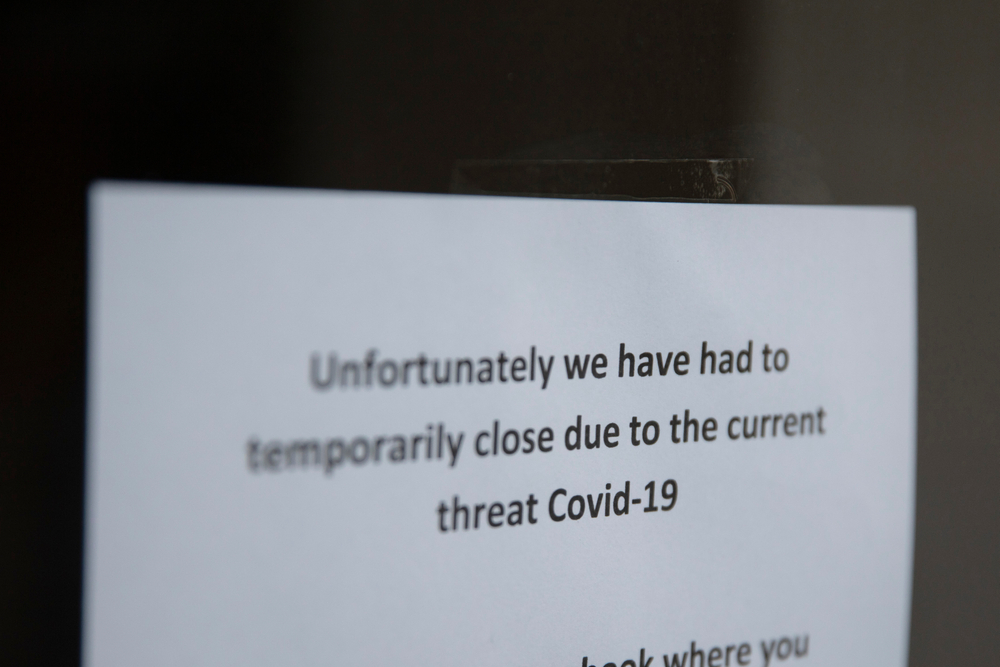Business
Federal CARES Act Provides Relief to Businesses Hurt by COVID-19

The federal Coronavirus Aid, Relief and Economic Security Act passed by both Congress and signed into law by President Trump, also known as the CARES Act, offers major financial support for companies impacted by the coronavirus pandemic.
The most vital policy provisions for businesses affected by the coronavirus, according to the U.S. Chamber of Commerce, are:
- Slowing the payment of payroll taxes to allow businesses to have more cash to keep employees on their payrolls.
- Loans and grants for small businesses.
- Creating a bridge loan facility to allow businesses with significantly less or no available revenue to continue to pay employees.
The chamber has published an interactive map for businesses to learn how available aid under the Small Business Paycheck Protection Program can help small businesses in each state. The website lists the amount aid available in each state, the number of small businesses and small business employees. To access the interactive map, click here.
The National Retail Federation, meanwhile, has published a summary of the CARES Act's key provisions.
- The “Paycheck Protection Program” provides $S250 billion to support loans for employers with less than 500 employees.
- The “Loan Program and Credit Facility” provides $500 billion in both direct and indirect lending in Federal Reserve credit.
- The “Unemployment Insurance Provision” provides assistance for unemployed workers, including those who have exhausted regular state and feral unemployment compensation in addition to short-term compensation programs.
- The “Business Tax Provisions” includes tax provisions for retailers to offset the cost of retaining employees during the economic downturn.
For the full National Retail Federation summary, click here.
“Securing these funds could make the difference between keeping a business up and running over the coming weeks or being forced to reduce salaries, lay off employees, or shutter businesses entirely,” Thomas Donohue, U.S. Chamber of Commerce CEO, said in a press release.
For the latest updates on how the coronavirus is affecting the kiosk industry, click here.















